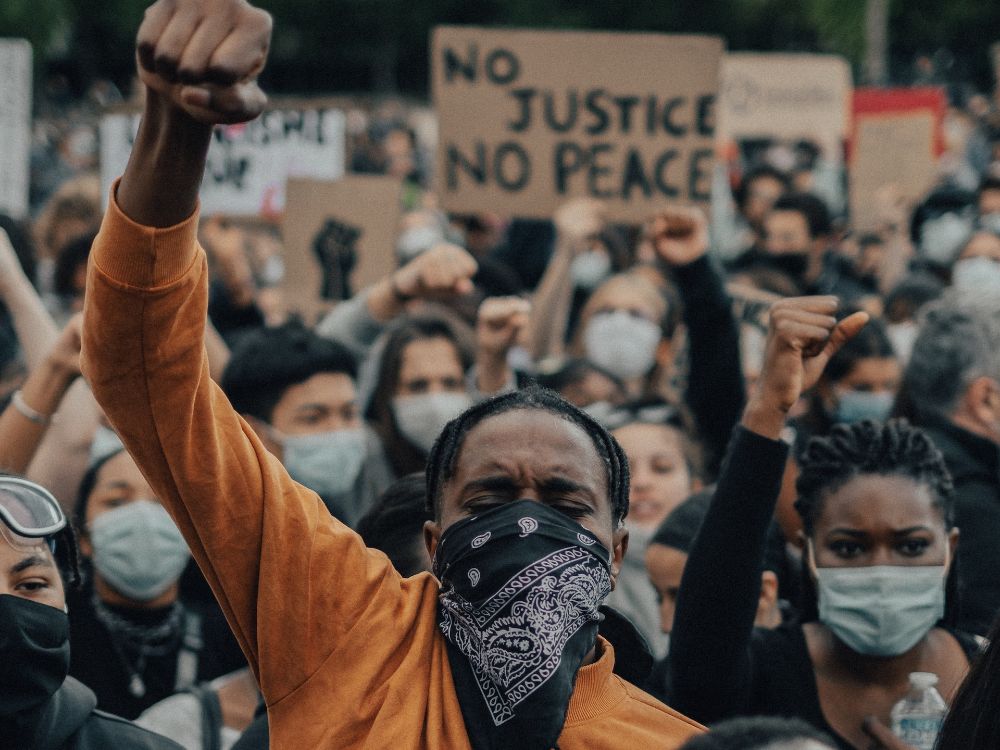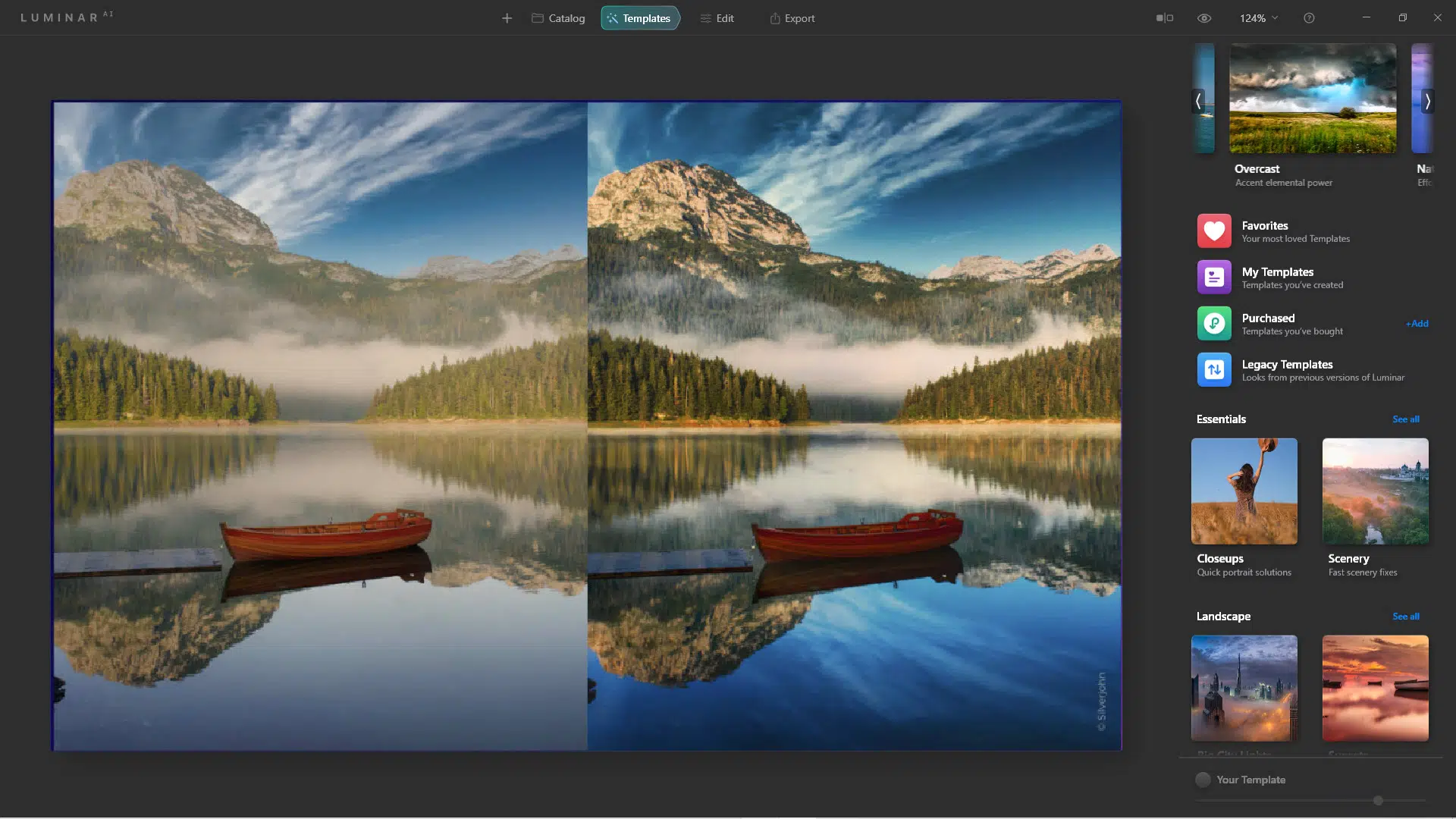In the ever-evolving world of photography, technology continues to play a pivotal role in transforming the way photographers capture and edit images. Artificial Intelligence (AI), in particular, has emerged as a game changer in the field of photo editing. Professional photographers are increasingly turning to AI-powered photo editing tools to streamline their workflow, enhance their creativity, and produce stunning visuals. In this article, we will explore how AI-powered photo editing is revolutionizing the industry and why it is a game changer for professional photographers.
The Evolution of Photo Editing
Before delving into the impact of AI on photo editing, let’s take a brief look at the evolution of photo editing tools. Traditional photo editing involved manual processes like cropping, retouching, color correction, and applying filters. Transparent background generator These tasks demanded considerable time and expertise. The advent of digital photography brought about software like Adobe Photoshop and Lightroom, which significantly improved the efficiency of these tasks. Photographers could now make precise edits and enhancements with a few clicks, reducing the time spent in post-production.
However, even with these advancements, photo editing was still a labor-intensive process. It required a deep understanding of the software, and each edit was a manual effort. This is where AI steps in to revolutionize the game.
How AI is Transforming Photo Editing
Artificial Intelligence, specifically machine learning algorithms, has given rise to a new era in photo editing. AI-powered photo editing tools can automate many of the time-consuming and complex editing tasks, allowing photographers to focus more on their creativity and less on technicalities. Here are some ways AI is transforming the photo editing process:
1. Automated Editing:
AI algorithms can analyze an image and automatically apply enhancements like exposure correction, white balance adjustment, and noise reduction. This means photographers spend less time on routine adjustments and can quickly move to more creative aspects of editing.
2. Object and Face Recognition:
AI-powered tools can recognize and isolate specific objects or faces in an image. This capability enables photographers to make targeted edits, such as retouching a model’s skin or adjusting the color of a specific object, with greater precision.
3. Style Transfer:
AI algorithms can mimic the style of famous photographers or art movements, allowing photographers to experiment with different artistic looks. This can save considerable time that would otherwise be spent manually replicating styles.
4. Batch Processing:
AI enables batch processing of images, making it efficient to apply the same edits to multiple photos simultaneously. This is particularly beneficial for event photographers who need to edit large volumes of images quickly.
5. Content-Aware Fill:
AI-powered tools can intelligently fill in missing or unwanted areas in an image. This is a significant time-saver for photographers dealing with imperfections or distractions in their photos.
Benefits for Professional Photographers
Professional photographers are among the primary beneficiaries of AI-powered photo editing tools. Here’s why AI is a game changer for them:
1. Time Efficiency:
AI automates repetitive editing tasks, saving photographers a substantial amount of time. This allows them to take on more projects or dedicate more time to the creative aspects of photography.
2. Consistency:
AI ensures consistency in editing across a series of images, maintaining a photographer’s unique style and reducing the need for manual adjustments.
3. Increased Creativity:
By automating mundane tasks, AI empowers photographers to focus on their creative vision. They can experiment with different styles and effects to produce truly unique and captivating visuals.
4. Accessibility:
AI-powered editing tools are becoming more accessible and user-friendly. Photographers don’t need to be experts in complex software to achieve professional results.
5. Competitive Edge:
In a competitive industry, photographers who embrace AI can offer faster turnaround times and higher-quality edits, giving them a competitive edge in the market.
The Future of AI in Photography
As AI technology continues to advance, its role in photography will only grow. We can expect even more sophisticated AI-powered tools that can understand complex editing instructions, anticipate a photographer’s preferences, and generate entirely new image compositions.
However, it’s worth noting that while AI can automate many aspects of photo editing, it cannot replace the artistic eye and creativity of a photographer. The best results often come from a combination of AI-enhanced efficiency and a photographer’s unique vision.
In conclusion, AI-powered photo editing is undeniably a game changer for professional photographers. It streamlines workflows, enhances creativity, and improves the overall quality of edited images. As AI technology continues to evolve, photographers who embrace these tools will be better equipped to thrive in the dynamic and competitive world of professional photography.







